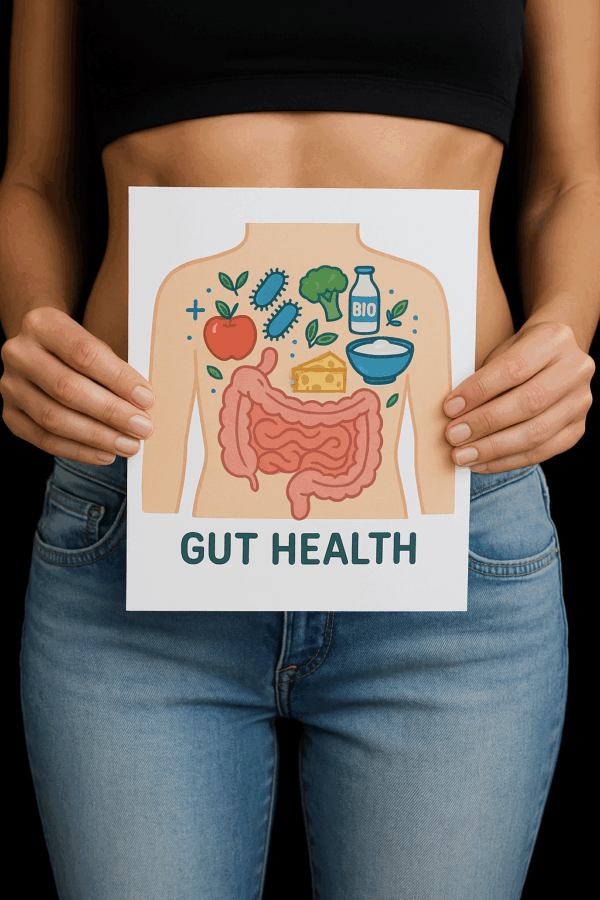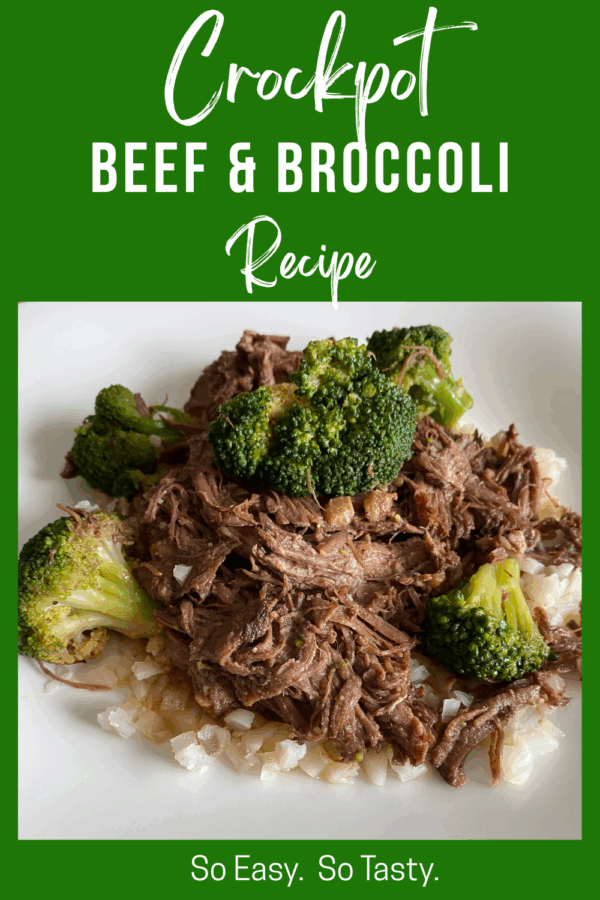
I used to think my health issues were all unrelated: a little fatigue throughout the day, some bloating after meals, the occasional stomach pain I brushed off. It never occurred to me that so many of these seemingly separate symptoms were all rooted in one core issue—my gut.
Once I began hearing the buzz words “gut health,” I did some research into this trendy topic and uncovered information about the extreme importance of gut health and how neglecting it could ripple into various areas of the body’s health and wellness. Suddenly my own afflictions started making sense. I wasn’t just dealing with random ailments—I was ignoring my body’s warning signs.
What is Gut Health?
Gut health refers to the balance and function of bacteria and other microorganisms living in the digestive tract. A healthy gut supports digestion, immune function, brain health, and even mood regulation. Lately, it’s become a hot topic among health professionals and researchers alike—and for good reason. More and more studies show that the gut acts like a command center, influencing countless bodily systems. When your gut is out of balance, the effects can be widespread, from chronic inflammation to mental fog. why doctors and wellness experts have been shining a spotlight on it in recent years.
Signs of an Unhealthy Gut
There are several indicators your gut may be struggling:
1. Bloating
Bloating is the uncomfortable swelling or tightness in the abdomen, often accompanied by gas and a feeling of fullness. It is a clear indicator that your body isn’t digesting foods efficiently and there is poor movement of food through the intestines. Bloating occurs due to a lack of healthy gut bacteria or enzymes.
2. Constipation
Constipation refers to difficult, infrequent, or painful bowel movements. It can cause discomfort, bloating, and a sluggish feeling throughout the day. Constipation points to low fiber intake or sluggish intestinal movement, often triggered by poor dietary habits.
3. Fatigue
Fatigue might seem like it has nothing to do with your stomach, but when your body isn’t absorbing nutrients effectively, energy levels plummet. When digestion is poor, the body isn’t getting the energy it needs, which leads to chronic tiredness and brain fog.
4. Heartburn
Heartburn is a burning sensation in the chest, caused by stomach acid rising up into the esophagus. It often happens after eating acidic, fatty, or spicy foods, or lying down too soon after a meal.
5. Inflammation
Gut inflammation refers to chronic irritation or swelling in the intestinal walls. It is usually associated with conditions like Irritable Bowel Syndrome (IBS), Crohn’s disease, or general digestive discomfort, and can lead to poor absorption of nutrients, pain, and bloating.
6. Leaky Gut
Leaky gut is a condition where the lining of your intestines becomes permeable, allows toxins and undigested food to leak into your bloodstream, causing systemic inflammation. That inflammation can then manifest in joint pain, skin issues, and autoimmune symptoms.
7. Stomach Pain
Stomach pain can range from sharp cramps to dull aches and is often a symptom of inflammation, imbalance, or irritation in the digestive tract.
How To Treat Gut-Related Issues
These gut-related issues are not just isolated discomforts—they’re signs your body is missing specific nutrients essential for optimal digestive function. Addressing each one through proper nutrition can bring profound relief and long-term health benefits.

Bloating- Missing nutrient: Probiotics
These beneficial bacteria help balance the gut microbiome and support efficient digestion. When probiotic levels are low, harmful bacteria can take over, leading to fermentation in the gut, gas buildup, and bloating. Introducing probiotic-rich foods like Greek yogurt, kimchi, and sauerkraut can help restore this balance.
Constipation– Missing nutrient: Fiber
Fiber helps bulk up stool and keeps it moving through the digestive tract. Without enough fiber—especially soluble fiber—the intestines struggle to maintain regularity. Foods like flax seeds, oats, and apples are excellent sources of fiber that help your digestive system remain stimulated moves food and waste through your system smoothly.
Fatigue– Missing nutrient: Digestive enzymes
Digestive enzymes are crucial for breaking down food into usable nutrients. Without enough enzymes (either naturally occurring or from foods like pineapple, papaya, and ginger), your gut struggles to digest and absorb what you eat, leaving you feeling drained.
Heartburn- Missing nutrient: Alkaline foods
Alkaline foods help neutralize excess stomach acid and create a more balanced pH environment in the digestive system. Leafy greens such as spinach, kale, and Swiss chard and bananas are examples of alkaline foods that can help soothe acid reflux and reduce the occurrence of heartburn.
Inflammation- Missing nutrient: Omega-3 fatty acids
Omega-3s are powerful anti-inflammatory nutrients that help calm inflammation and support immune balance in the gut. When you’re lacking omega-3s, inflammation tends to increase. Incorporating foods like salmon, walnuts, and flaxseeds can make a significant difference.
Leaky Gut- Missing nutrient: Collagen
Collagen helps repair and maintain the integrity of the gut lining. When collagen is deficient, the gut wall becomes more vulnerable to damage. Bone broth and fermented foods are rich in collagen and can help restore the protective barrier of the intestines.
Stomach Pain- Missing nutrient: Zinc
Zinc plays a vital role in maintaining the gut lining and supporting the immune function of the digestive system. A deficiency can make the stomach more sensitive and prone to pain. Pumpkin seeds, chickpeas, and beef are great sources of zinc that can aid in healing and comfort.
Now that I am paying attention to my gut and choosing foods that support its health, I have noticed a dramatic improvement in my physical health. My energy is steadier, my digestion smoother, and those random aches and discomforts? Hardly ever happen. Gut health is more than just a trend—it’s the foundation for truly feeling well. And now that I’ve experienced the difference firsthand, I’m going to make sure to never ignore it again.

